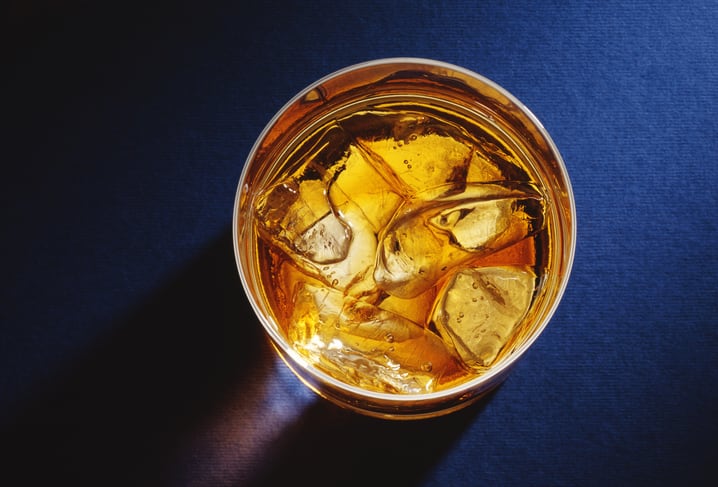The European Commission plans to impose tariffs on €26bn ($28bn) worth of US goods from April: including spirits.
The tariffs, announced on Tuesday, are in retaliation for US tariffs on steel and aluminum: and the latest salvo in an escalating trade war.
President Trump is now threatening to hit back on the ‘nasty 50% tariff’ on whiskey with a 200% tariff on wine, Champagne and other alcohol.
Threat to American whiskey growth
While tariffs on wine and spirits are not unexpected, they’re unwelcome and ‘severely undercut’ efforts by the US spirits industry to rebuild exports.
The US and EU spirits sectors enjoyed zero-for-zero tariffs between 1997 and 2018. Transatlantic trade in spirits increased by nearly 450% during this time, according to stats from the US Distilled Spirits Council.
But since then, spirits and other beverages have become collateral damage in various trade arguments: including long-running Airbus-Boeing subsidy disputes and tariffs on steel and aluminum.
American whiskey – which counts the EU as its largest export market – is particularly affected. American whiskey exports plunged 20% when tariffs were implemented in 2018.
But over the past three years, tariffs under the steel and aluminum dispute had been suspended and US distillers have worked hard to rebuild their EU exports.
As a result, exports to the EU have surged nearly 60%, climbing from $439m in 2021 to $699m in 2024.
“The EU’s announcement to reimpose these tariffs on American Whiskey at 50% on April 1 is deeply disappointing and will severely undercut the successful efforts to rebuild US spirits exports in EU countries,” said Chris Swonger, President and CEO of the Distilled Spirits Council of the US.
“Reimposing these debilitating tariffs at a time when the spirits industry continues to face a slowdown in US marketplace will further curtail growth and negatively impact distillers and farmers in states across the country.
“We urge the US and EU governments to come to a resolution that gets our spirits industry back to zero-for-zero tariffs. This is a model that has allowed spirits exports between the US and EU to flourish and is in line with President Trump’s vision for fair and reciprocal trade.”
Many spirits products are recognized as ‘distinctive products’ by both the US and EU and can only be made in their designated countries. That means production of spirits such as Bourbon, Tennessee Whiskey, Cognac and Irish Whiskey cannot simply be moved to another country or region.
But it’s not just US spirits worried about the tariffs. Europe’s trade body for spirits, spiritsEUROPE, says it too is ‘extremely concerned’.
It says that, if implemented on April 1, tariffs will have a ‘hugely damaging impact on the EU companies that produce US spirits, US companies that are heavily invested in Europe and all actors in the value chain’, as well as risking jobs they support.
“Yet again, spirit drinks have become collateral damage in an unrelated trade dispute,” said Pauline Bastidon, Trade & Economic Affairs Director at spiritsEUROPE. “As highlighted in our numerous engagements with the European Commission over the last seven years, we fail to understand how this will help with the broader, unrelated dispute on steel and aluminium. The EU and US spirits sectors stand united in their steadfast commitment to maintaining transatlantic spirits trade tariff-free.
“The clock is ticking. We urge the EU & the US to keep spirits out of unrelated disputes while they work on resolving their differences and protecting the vitally important transatlantic trade relationship.”


